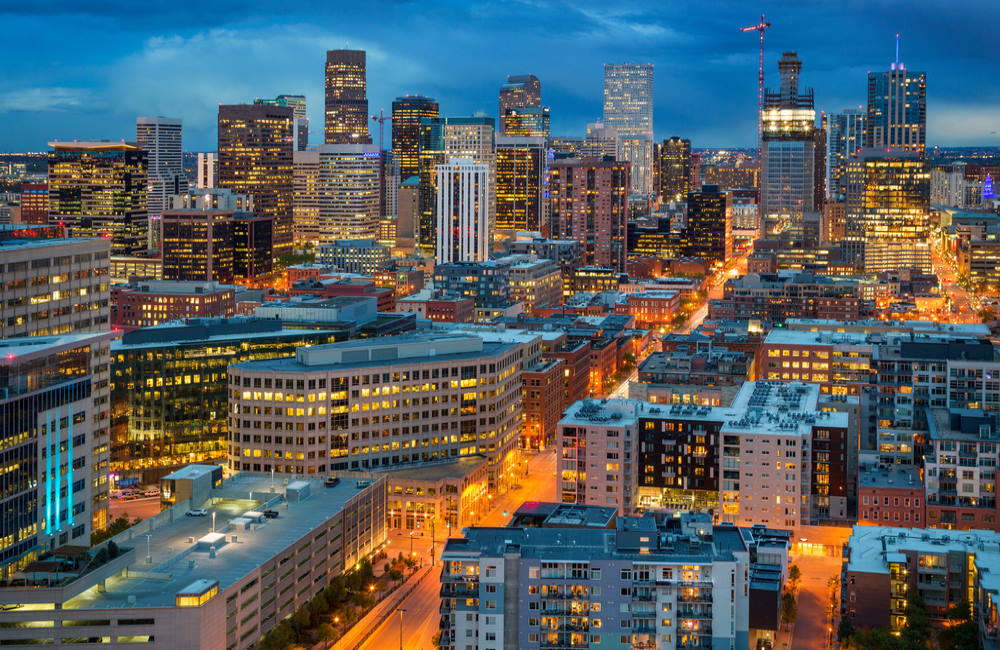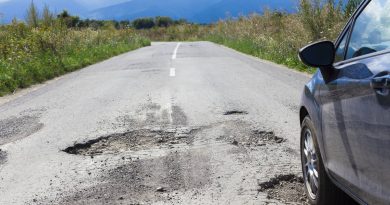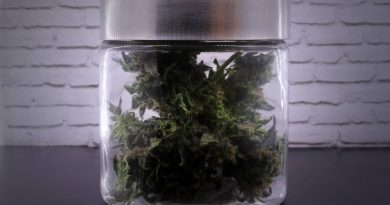It Took Just Three Hours To Change Denver’s Mind About Cannabis Ban
As the coronavirus outbreak has spread across the country, city and state officials have made hard decisions on closing businesses they feel are “non-essential.” One of those officials is Denver Mayor Michael Hancock, who decided to establish a cannabis ban in the city by closing recreational cannabis dispensaries.
The cannabis ban came out in an order issued March 23. Within hours, so many people had lined up to make purchases at dispensaries and liquor stores (also on the non-essential list) that Hancock reversed his decision.
By one account, the reversal took less than three hours.
The cannabis ban had been set to go into effect on March 24. But within hours of Hancock’s announcement, the city Tweeted out a change, adding that recreational cannabis and liquor stores would remain open.
The city announced both could remain open if they kept “extreme physical distancing in place,” which city officials later clarified to mean the six feet recommended by healthcare leaders.
What Caused The Sudden Reversal?
The change by the city happened because of the huge crowds that lined up at dispensaries and liquor stores in an attempt to make purchases before the ban went into effect.
Some dispensaries reported lines around the block, according to Westword. Hancock’s decision to make the announcement led to exactly the sort of proximity between people that the order had attempted to reduce.
Some store owners reported that lines formed within 15 minutes of Hancock’s announcement.
The mayor’s decision temporarily set back efforts made by dispensaries to practice social distancing by providing curbside service, which already had been mandated by an order from the state.
The Terrapin Care Station dispensary issues a statement saying, in part: “We thank the mayor for clarifying his order. Without the clarification, the assumption was marijuana was forced to close in Denver. This caused hysteria and panic, thereby negating the progress we made around social distancing.”
Is Marijuana An Essential Product?
Every state that has issued orders to close businesses to slow the spread of coronavirus has faced the issue of whether to institute a cannabis ban. Typically, essential businesses include grocery stores, pharmacies and gas stations.
However, some states have included marijuana dispensaries, especially medical marijuana. Medical marijuana dispensaries are open in Colorado and most other states. Recreational dispensaries are not, however.
California and Illinois have deemed recreational dispensaries essential. In some states, such as Colorado and Michigan, sales can continue but only via delivery or curbside service.
The argument for keeping recreational dispensaries open is that some patients who use cannabis for medical purposes do not go through the state to become official patients, but instead buy through recreational marijuana outlets, according to Forbes.
Many cannabis consumers have turned to online dispensary marketplaces to find products they want, especially in areas where governments have instituted a cannabis ban.




